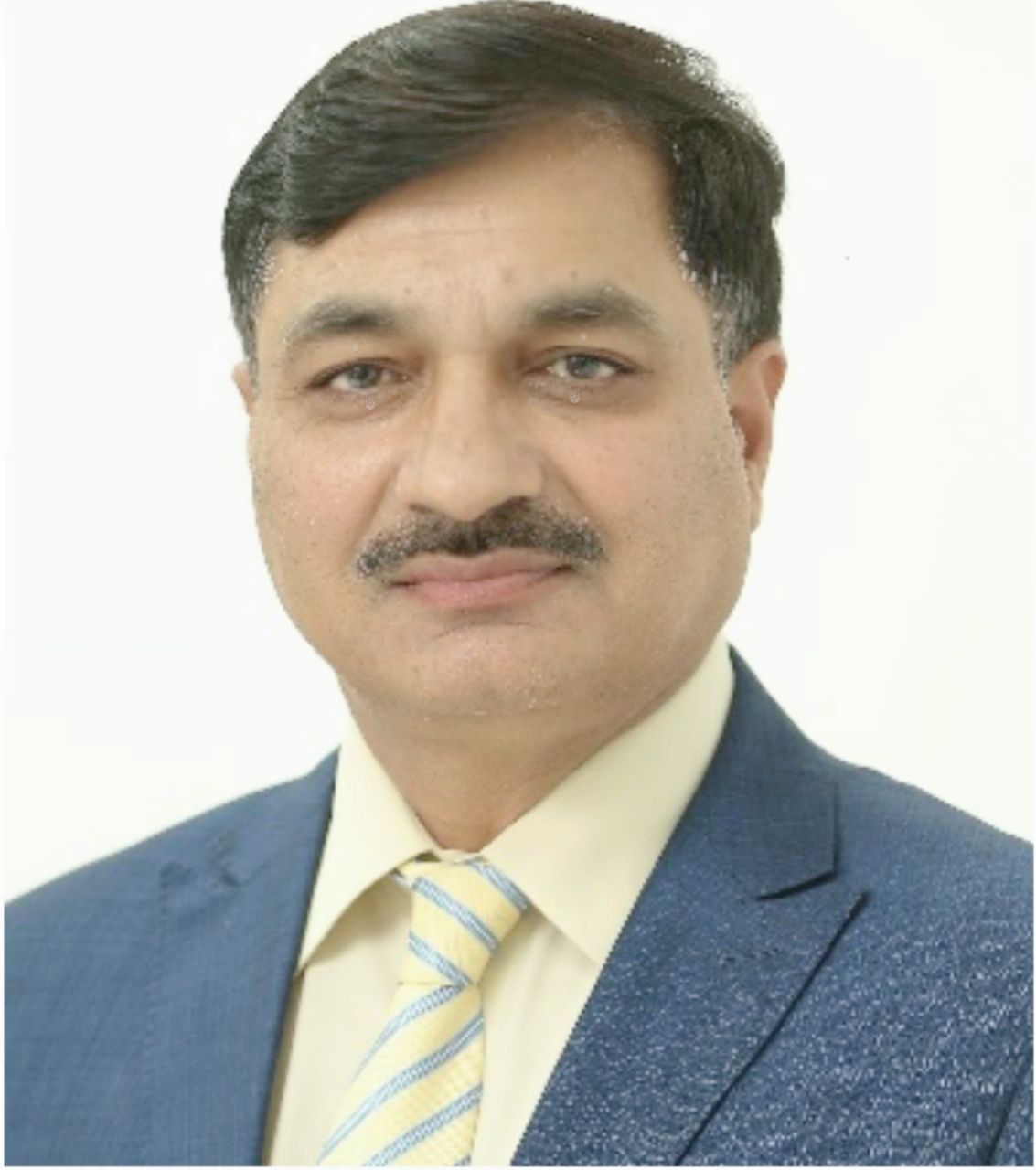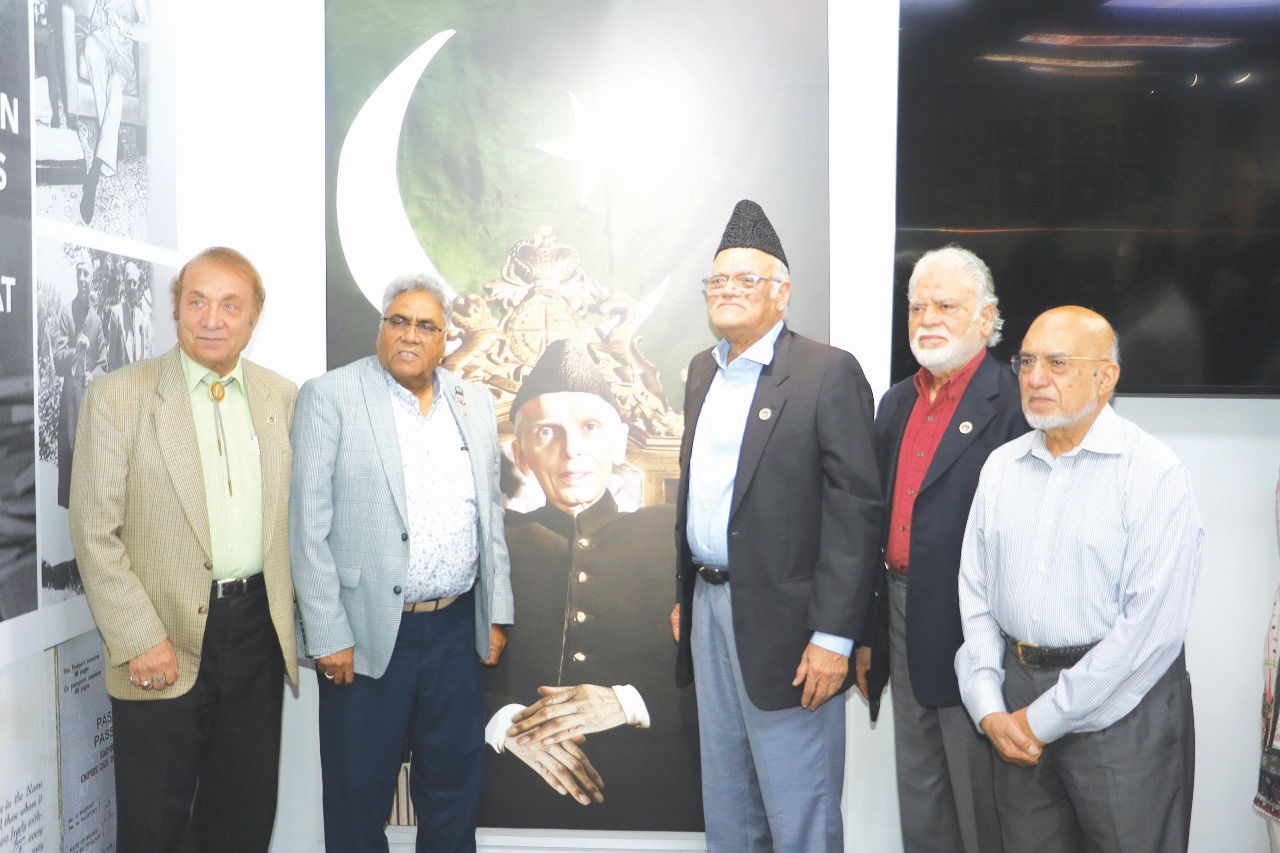(Publish from Houston Texas USA)
(By: Brig Sadiq Rahi, SI(M) )
(Visiting Faculty, Centre for International Peace and Stability, NUST Institute of Peace and Conflict Studies) Islamabad
Abstract
National book festivals are increasingly recognized as critical cultural and educational interventions in developing societies. In Pakistan, the National Book Festival and the Pakistan Reading & Learning Festival serve as inclusive platforms that promote literacy, encourage intellectual engagement, and celebrate the multilingual literary traditions that shape the nation’s cultural identity. This paper examines the educational, sociocultural, and policy significance of these festivals through an academic lens, highlighting their impact on reading habits, language preservation, and public learning. Drawing on available scholarship on literacy enhancement, cultural policy, and multilingualism, the study underscores the strategic role of festivals in shaping Pakistan’s knowledge economy and proposes a set of policy recommendations for maximizing their impact.
Introduction
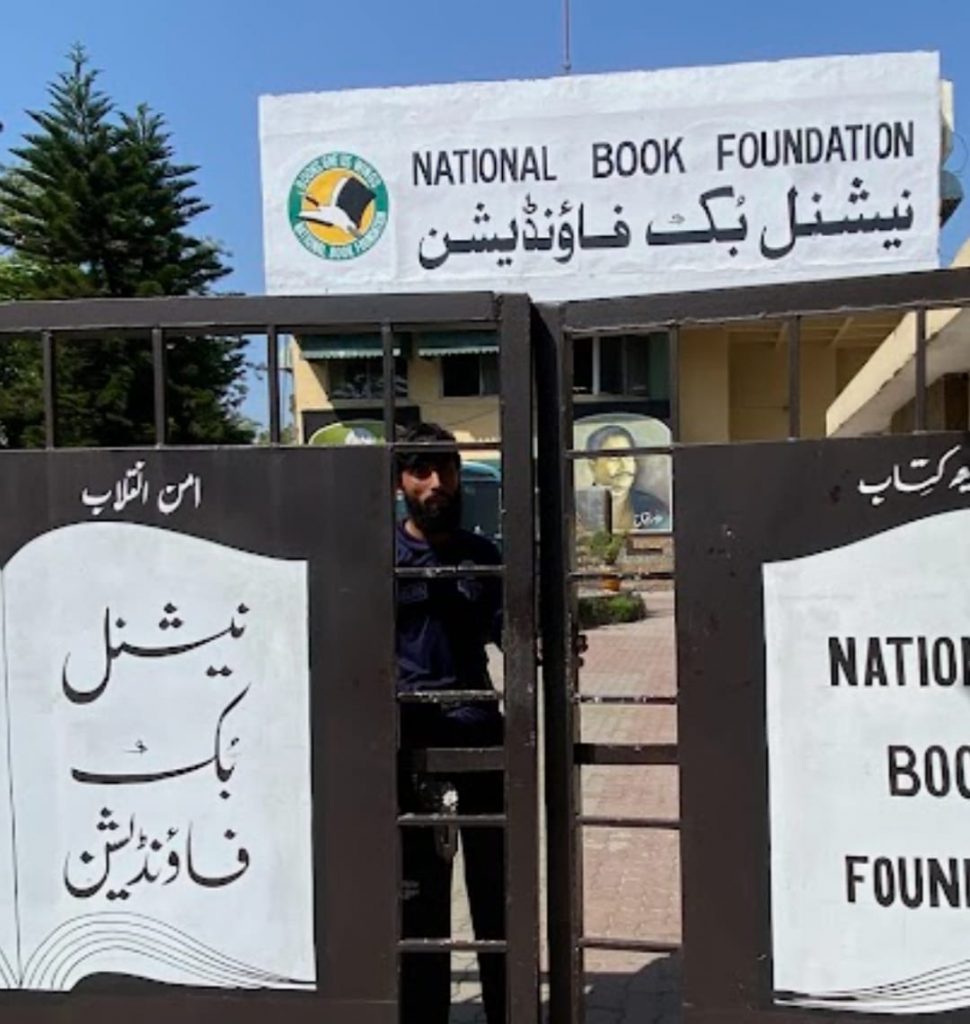
Book festivals have evolved into vital public forums that support literacy, cultural dialogue, and intellectual development across the globe (Anderson, 2019). In Pakistan, the National Book Mela is being held under the National Book Foundation in Islamabad from 25 – 27 November, where reading and learning festivities will be promoted. An effort is being made to ascertain the literary work being done in regional languages in the contemporary era. The ongoing efforts by the Government of Pakistan to strengthen literacy and revive a declining reading culture have found significant support in the form of large-scale national book festivals. These festivals bring together educators, policymakers, writers, translators, students, and the general public, providing vibrant spaces for learning and cultural exchange.
The purpose of this paper is to evaluate the academic significance of Pakistan’s National Book Festival and the Pakistan Reading & Learning Festival, particularly regarding their contributions to literacy enhancement, multilingual literature, and public intellectual life. The analysis also draws on broader literature discussing cultural institutions and public learning, situating Pakistan’s festivals within global trends.
Literature Review
⦁ Reading Culture in Developing Contexts
Reading cultures in low- and middle-income societies are often shaped by resource limitations, weak library infrastructure, and varying levels of educational quality (Griswold, 2018). Public reading campaigns, including festivals, are recognized as effective tools for promoting literacy and expanding access to diverse reading materials (UNESCO, 2021).
⦁ Literary Festivals as Cultural Education
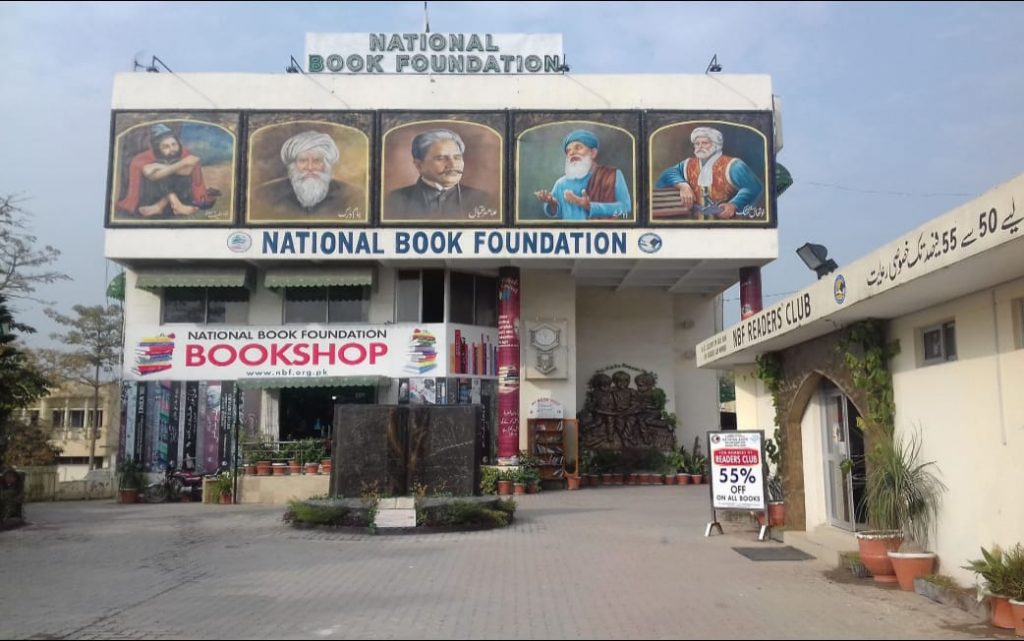
Scholars identify literary festivals as dynamic sites of cultural production that foster public dialogue, enhance communal learning, and democratize access to intellectual spaces (Khan, 2020). By hosting diverse speakers and creating interactive environments, festivals serve as platforms for exchanging ideas and transmitting literary heritage to younger generations.
⦁ Multilingualism and Pakistani Literature
Pakistan’s literary identity is deeply embedded in its linguistic diversity. Urdu, as the national language, coexists with Punjabi, Sindhi, Pashto, Balochi, Seraiki, Brahui, Shina, Balti, and other regional languages. Rahman (2017) argues that nations with plural linguistic traditions must adopt proactive cultural policies to preserve linguistic diversity. Literary festivals in Pakistan allow marginalized languages to occupy mainstream cultural spaces, thus contributing to their preservation.
Significance of National Book Festivals in Pakistan
⦁ Promotion of Literacy and Reading Habits
The National Book Festival has become an essential component of Pakistan’s literacy advocacy. Activities such as book fairs, author meet-ups, reading circles, children’s storytelling sessions, and writing workshops encourage reading habits among diverse age groups (Malik, 2022). The presence of publishers and educational institutions further helps bridge the gap between readers and contemporary scholarship.
⦁ Cultural Diplomacy and National Identity
Festivals promote a cohesive national identity by celebrating shared literary heritage. They provide platforms to reinterpret classical works, discuss sociopolitical issues, and promote national unity through cultural expression. Such events also help counteract polarization by fostering inclusive dialogue.
⦁ Community Engagement
National book festivals encourage participation from individuals irrespective of socioeconomic background, thereby fostering collective intellectual belonging. The environment emphasizes that literature is not the preserve of elites but a shared national asset.
Pakistani Languages and Contemporary Literature
⦁ Urdu Literature
Urdu’s literary corpus continues to expand with contemporary themes related to technology, migration, identity, climate change, and politics. Festivals help introduce new writers to the public, facilitating intergenerational literary exchange.
⦁ Regional Literary Traditions
Punjabi, Sindhi, Balochi, and Pashto literatures are experiencing a renewed public presence due to festival platforms highlighting regional poets, storytellers, and academics. According to Ahmed (2020), these platforms are essential for revitalizing endangered languages.
⦁ Translation Studies and Linguistic Bridges
Translation plays a crucial role in making regional literature accessible to national and international audiences. Festivals often include translation workshops, which help establish cross-linguistic literary networks.
The Pakistan Reading & Learning Festival as an Educational Intervention
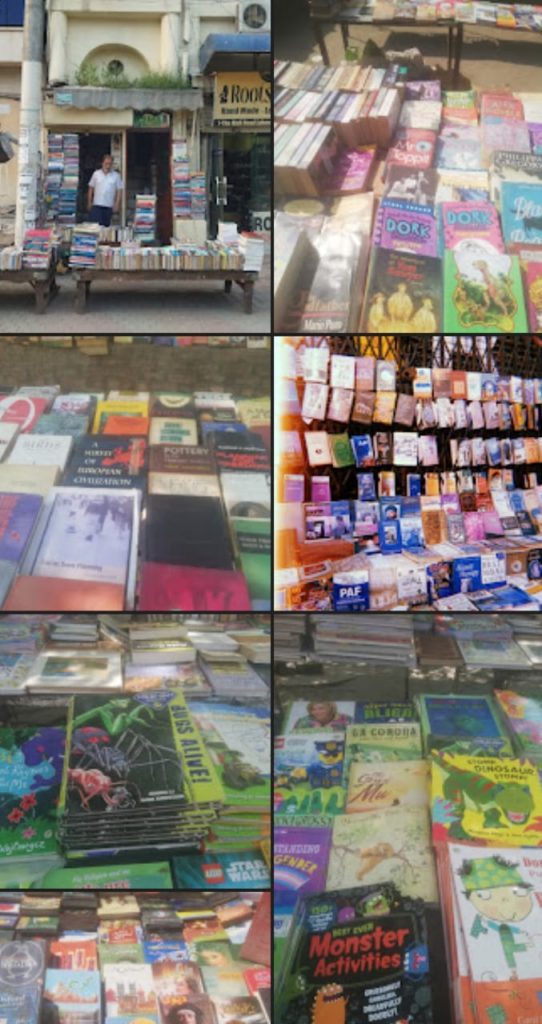
Unlike purely literary events, the Pakistan Reading & Learning Festival integrates pedagogical objectives into its structure. It includes:
⦁ Reading comprehension competitions
⦁ Teacher training seminars
⦁ Learning technology exhibits
⦁ Storytelling for early-grade literacy
⦁ Discussions on national education challenges
Farooq and Kamal (2021) found that participation in such events correlates with improved literacy outcomes among school-going children.
⦁ Challenges in Pakistan’s Reading Ecosystem
⦁ Despite progress, several systemic barriers remain:
⦁ Limited investment in modern libraries
⦁ Digital distractions are diminishing book-reading
⦁ High book prices and limited purchasing power
⦁ Rural–urban literacy disparities
⦁ Insufficient publishing opportunities for regional writers
Overcoming these challenges requires sustained governmental and institutional intervention.
Policy Recommendations
⦁ Strengthen Libraries and Public Reading Spaces
Government investments should prioritize upgrading libraries with digital and multilingual resources.
⦁ National Reading Campaigns
A continuous, year-round reading campaign can amplify the impact of festivals and reinforce reading culture at the grassroots level.
⦁ Support for Regional Language Publishing
Subsidies and grants for regional writers can help preserve linguistic diversity and promote inclusive literary growth.
⦁ Integration with School Curricula
Book festival participation should be formally included in school academic calendars.
⦁ Digital Access for Reading
Developing e-libraries and open-access reading platforms can expand reach to underserved populations.
Conclusion
National book festivals play an indispensable role in shaping Pakistan’s educational and cultural landscape. By supporting literacy, celebrating linguistic diversity, and fostering public intellectual engagement, these festivals contribute significantly to Pakistan’s knowledge economy and national identity. The continued evolution and institutional support of such festivals will be vital for building an inclusive, educated, and culturally vibrant society.
References
⦁ Ahmed, S. (2020). Regional literature and cultural resilience in Pakistan. Lahore Literary Studies Journal, 12(3), 45–60.
⦁ Anderson, J. (2019). Reading culture in developing societies. Cambridge University Press.
⦁ Farooq, R., & Kamal, S. (2021). Impact of reading festivals on children’s literacy development in Pakistan. Asian Journal of Education, 29(2), 66–79.
⦁ Griswold, W. (2018). Cultures and societies in a changing world. Sage Publications.
⦁ Khan, A. L. (2020). Literary festivals as public pedagogy in South Asia. Journal of Cultural Studies, 7(1), 22–39.
⦁ Malik, H. (2022). Literacy initiatives and community engagement through book festivals in Pakistan. Pakistani Education Review, 10(1), 93–112.
⦁ Rahman, T. (2017). Language and politics in Pakistan. Oxford University Press.
⦁ UNESCO. (2021). Global report on literacy and learning.
Author Biography:
Brigadier (Retd) Sadiq Rahi, SI(M) is a graduate of the National Defence University Islamabad, Command and Staff College, Quetta, and the Command and Staff College Cairo (Egypt). Over a distinguished 31-year military career, he held key command, staff, and instructional appointments. He also served as a Platoon Commander at the Pakistan Military Academy, Kakul, and as a Staff Officer (Logistics) with the United Nations Peacekeeping Mission in Somalia. Brigadier Rahi represented Pakistan at eight international conferences under the auspices of the United Nations Office in Geneva, where he presented Pakistan’s national standards and protocols. He has also served as a guest speaker at the National University of Science and Technology (NUST), Islamabad, delivering lectures on UN and International Logistics.
Beyond his military and professional contributions, Brigadier Rahi is widely recognized as a poet and writer. His poetry, ghazals, and prose have been published in national newspapers and literary journals since his student days. He served as Editor of the college magazine Nakhlistan and later as Editor of the Pakistan Military Academy magazine Qiyadat. Presently, his columns appear regularly in Nawa-i-Waqt , The Nation, Pakistan Chrocile, Houston USA,. He continues to write actively both in Urdu and English, maintaining a strong presence on social media as well.
For further detail contact at sadiqrahi8@gmail.com
